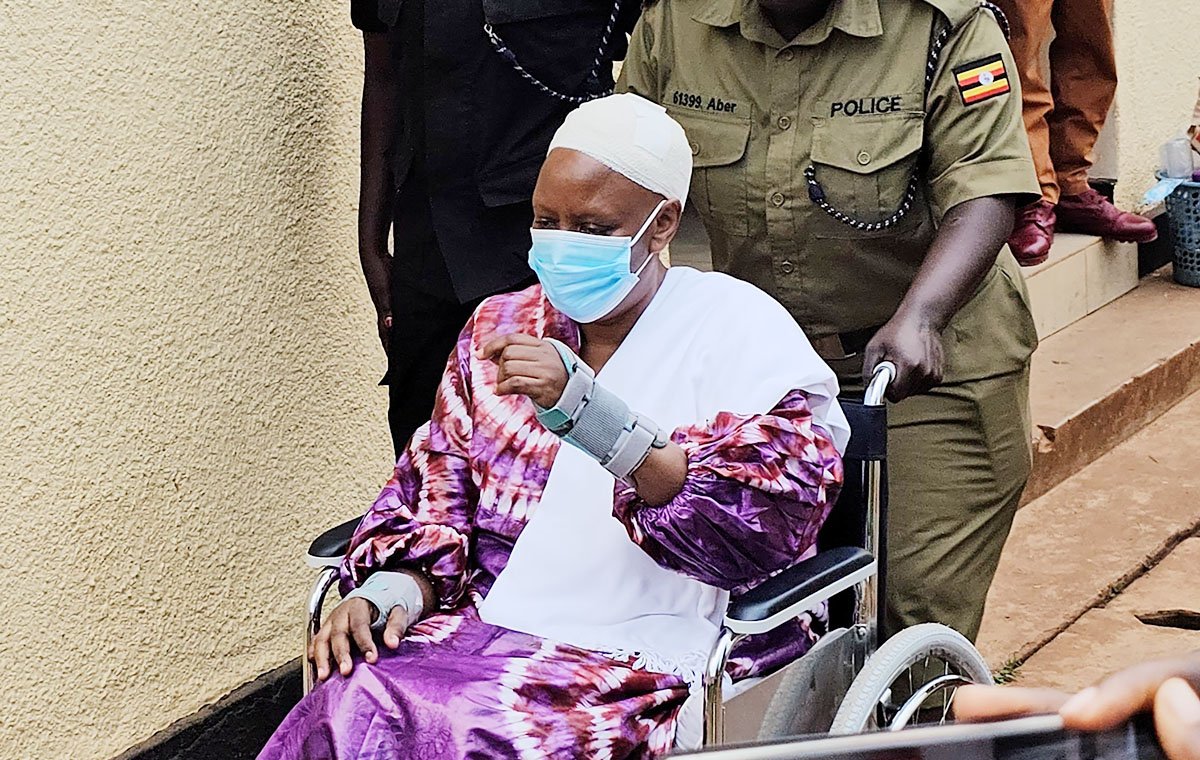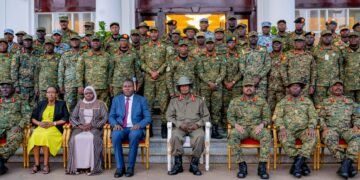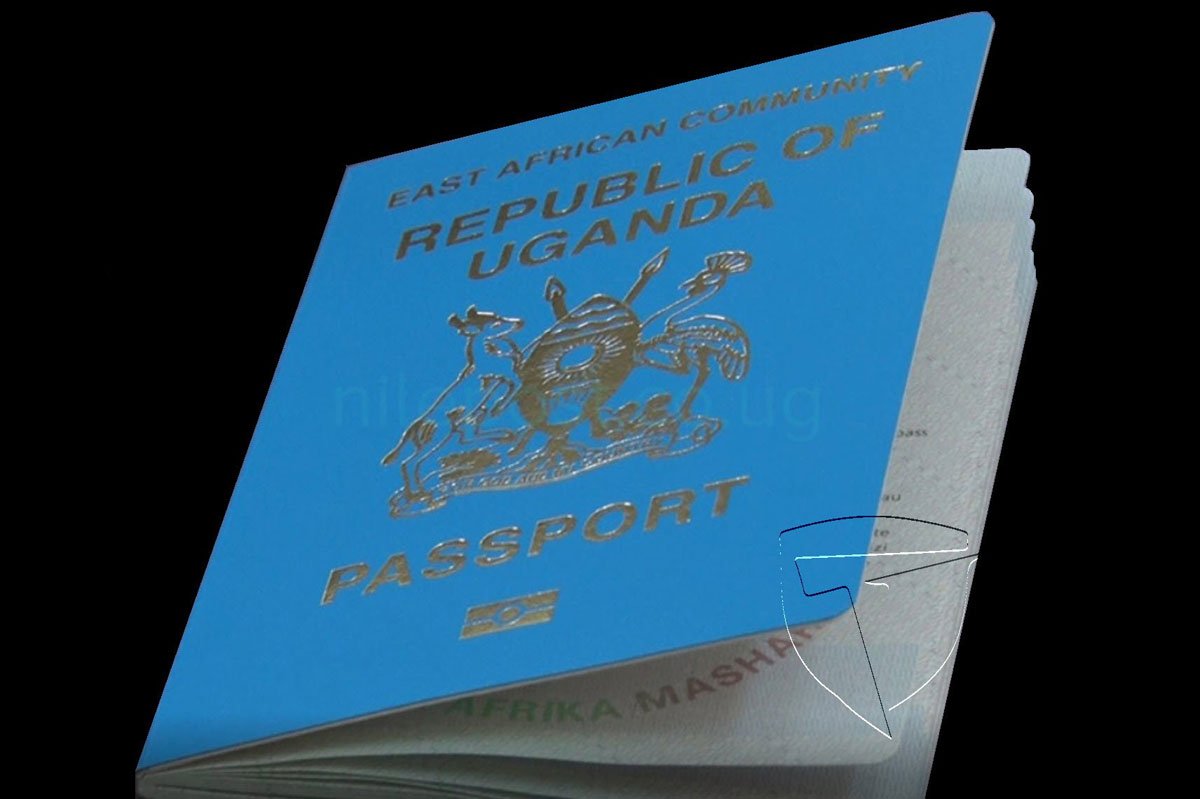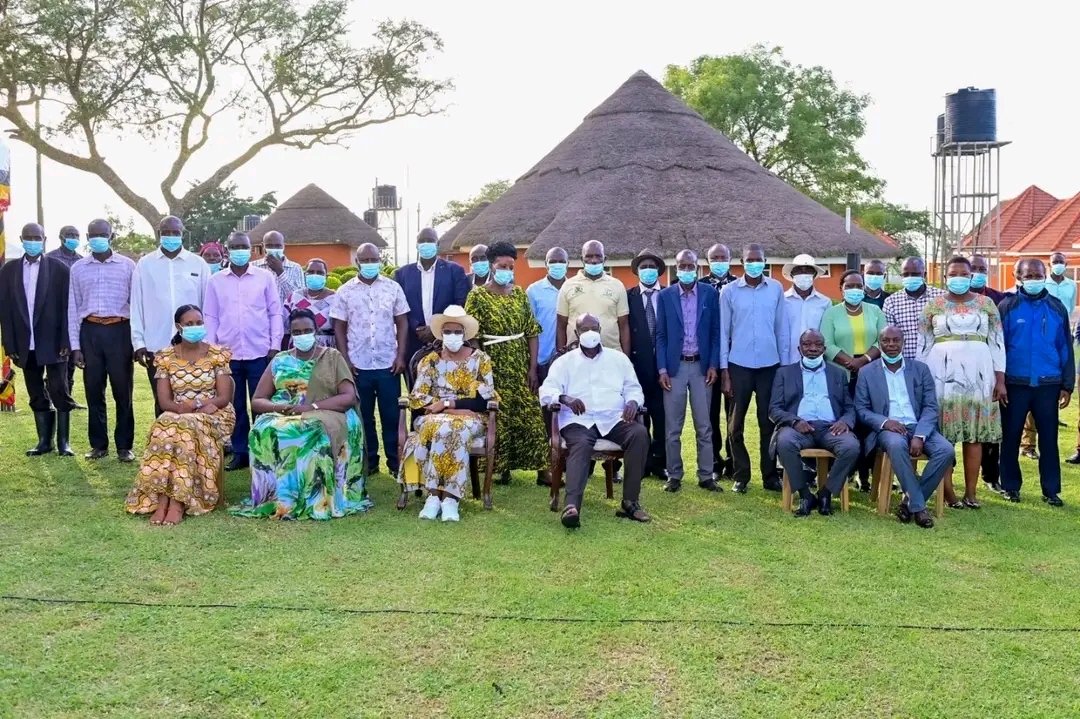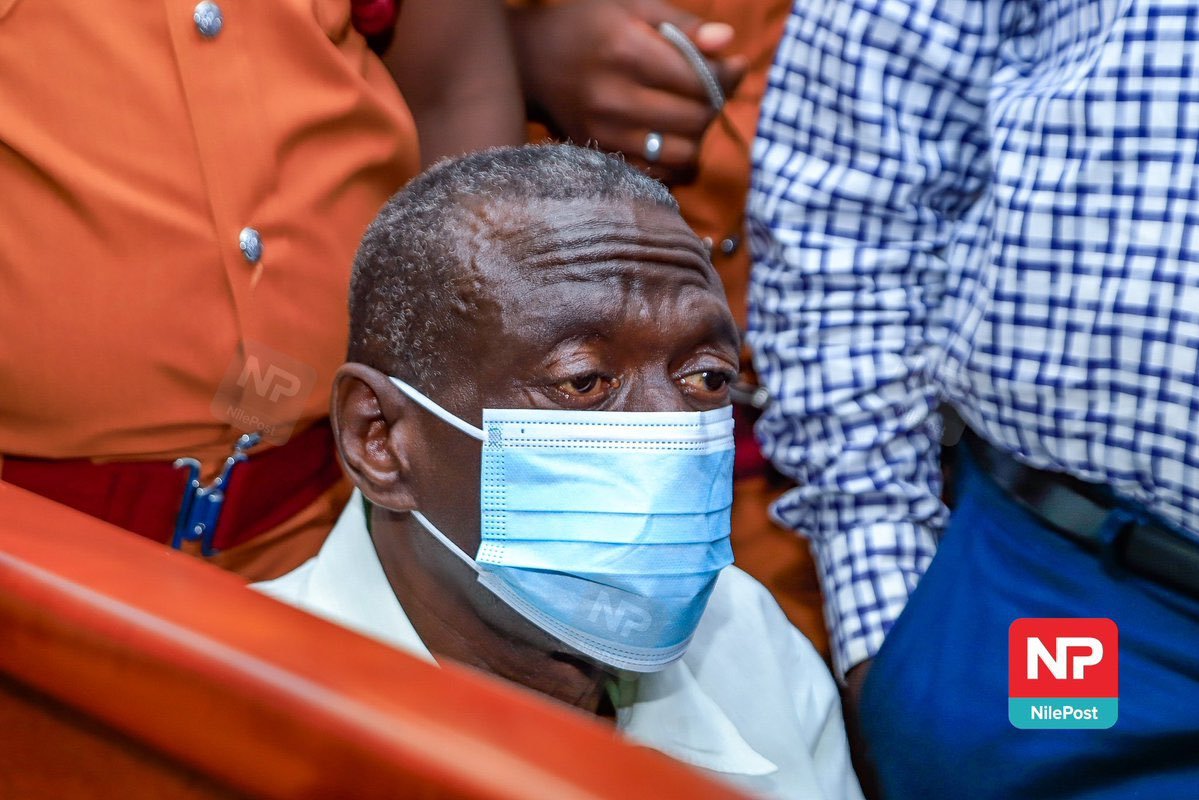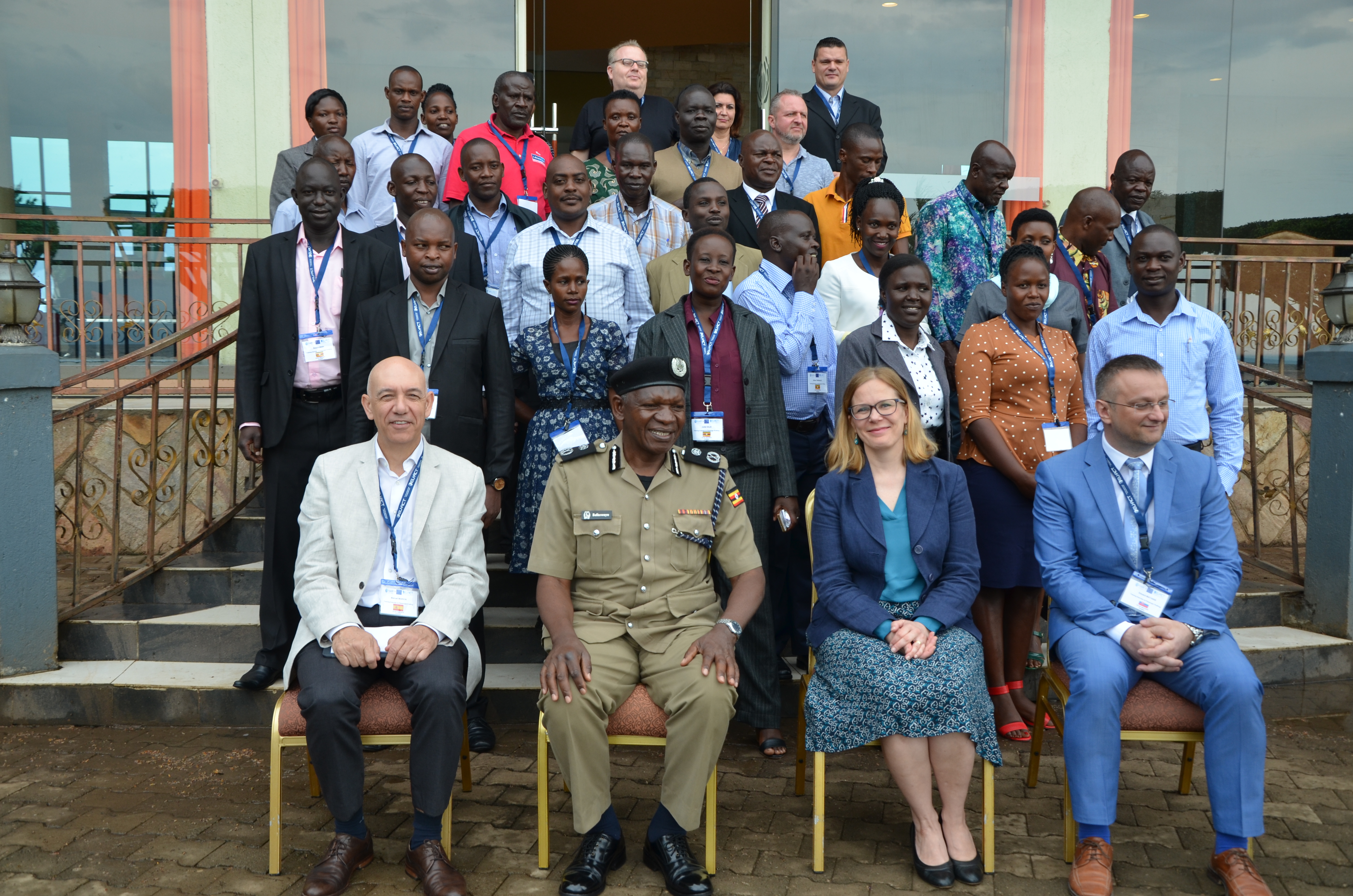The Constitutional Court has today delivered its decision in the Consolidated Petitions No. 14, 15, 16 & 85 of 2023 and declared that the Anti Homosexuality Act of 2023 complies with the Constitution of Uganda except in only four aspects.
The decision was delivered by a panel of five Justices led by the Deputy Chief Justice, Hon. Justice Richard Buteera; Justice Geofrey Kiryabwire, Justice Monica Mugenyi, Justice Kibeedi Muzamiru, Justice Christopher Gashirabake.
Read the summary of the decision below and its basis.
The Constitutional Court of Uganda has nullified Sections 3(2)(c), 9, 11(2)(d) and 14 of the Anti-Homosexuality Act, 2023 for contravening the Constitution of Uganda, 1995.
This was in the unanimous judgment delivered today, the 3rd of April 2024, by the panel of five justices of the Constitutional Court led by the Deputy Chief Justice in Consolidated Constitutional Petition Nos. 14, 15, 16 & 85 of 2023 Hon. Fox Oywelowo Odoi, Prof. Sylvia Tamale, Advocate Rutaro Robert, Bishop James Lubega Banda & 18 others Vs Attorney General & 3 Others.
The nullified Sections had criminalised the letting of premises for use for homosexual purposes, the failure by anyone to report acts of homosexuality to the Police for appropriate action, and the engagement in acts of homosexuality by anyone which results into the other persons contracting a terminal illness.
Background
In 2023, the Parliament of Uganda passed the Anti-Homosexuality Act following the public outcry, social and broadcast media discussions and homosexuality victims’ ‘painful and gruelling stories’ of children and families that were ‘dying in silence’ from the psychological trauma of forced recruitment of children into homosexual acts. The Act criminalised homosexuality, its recognition, promotion, financing and normalization.
As soon as the President of Uganda assented to the Anti-Homosexuality law on the 26th of May 2023, four Constitutional Petitions were filed in the Constitutional Court by a total of 22 private citizens and human rights activists challenging virtually all the seventeen sections of the Anti-Homosexuality Act for their alleged contravention of human rights and freedoms that are guaranteed under the Uganda Constitution, and international human rights instruments to which Uganda is a party.
The Petitions were opposed by the Attorney General of Uganda, Pastor Martin Sempa, Eng. Stephen Langa and the Family Life Network Limited. Court also did benefit from an amicus brief filed by the Secretariat of the Joint United Nations Programme on HIV/ AIDS (UNAIDS).
In its Judgment, the Constitutional Court upheld the constitutionality of the Anti- Homosexuality Act save the four provisions already mentioned above.
The basis for the court decision
In coming to its decision, the Constitutional Court considered the following:
- The legislations and judicial decisions from sister jurisdictions that have decriminalised consensual homosexuality between adults in private space.
- The absence of consensus at the global level regarding non-discrimination based sexual orientation, gender identity, gender expression and sex characteristics (SOGIESC). This is reflected in the fact that to date non- discrimination on the basis of the SOGIESC variables has not explicitly found its way into international human rights treaties. Instead, it has been ‘vetoed’ by a bloc of resistant (UN) member states that has prevented the adoption of a binding declaration or similar instrument to strengthen protections for LGBTI human rights.
- The conflict in international human rights law between upholding a universal understanding of human rights and respecting the diversity and freedom of human cultures, with no one culture entirely diminishing the dignities of the other.
- The conflict between individuals’ right to self-determination, self-perception and bodily autonomy, on the one hand; and the communal or societal right to social, political and cultural self-determination, calling for a delicate balance between individual autonomy and communal interests.
- The recent developments in the human rights jurisprudence including the decision of the US Supreme Court in Dobbs v Jackson Women’s Health Organisation, No. 19-1392, 597 U.S. 215 (2022), where the Court considered the nation’s history and traditions, as well as the dictates of democracy and rule of law, to over-rule the broader right to individual autonomy.
- The uniqueness of Uganda’s Constitution which obliges the courts of law to take into account the country’s socio-cultural norms, values and aspirations when resolving any disputes before them.
- The Anti-Homosexuality Act being, in general, a reflection of the socio- cultural realities of the Ugandan society, and was passed by an overwhelming majority of the democratically elected representatives of the Ugandan citizens.




